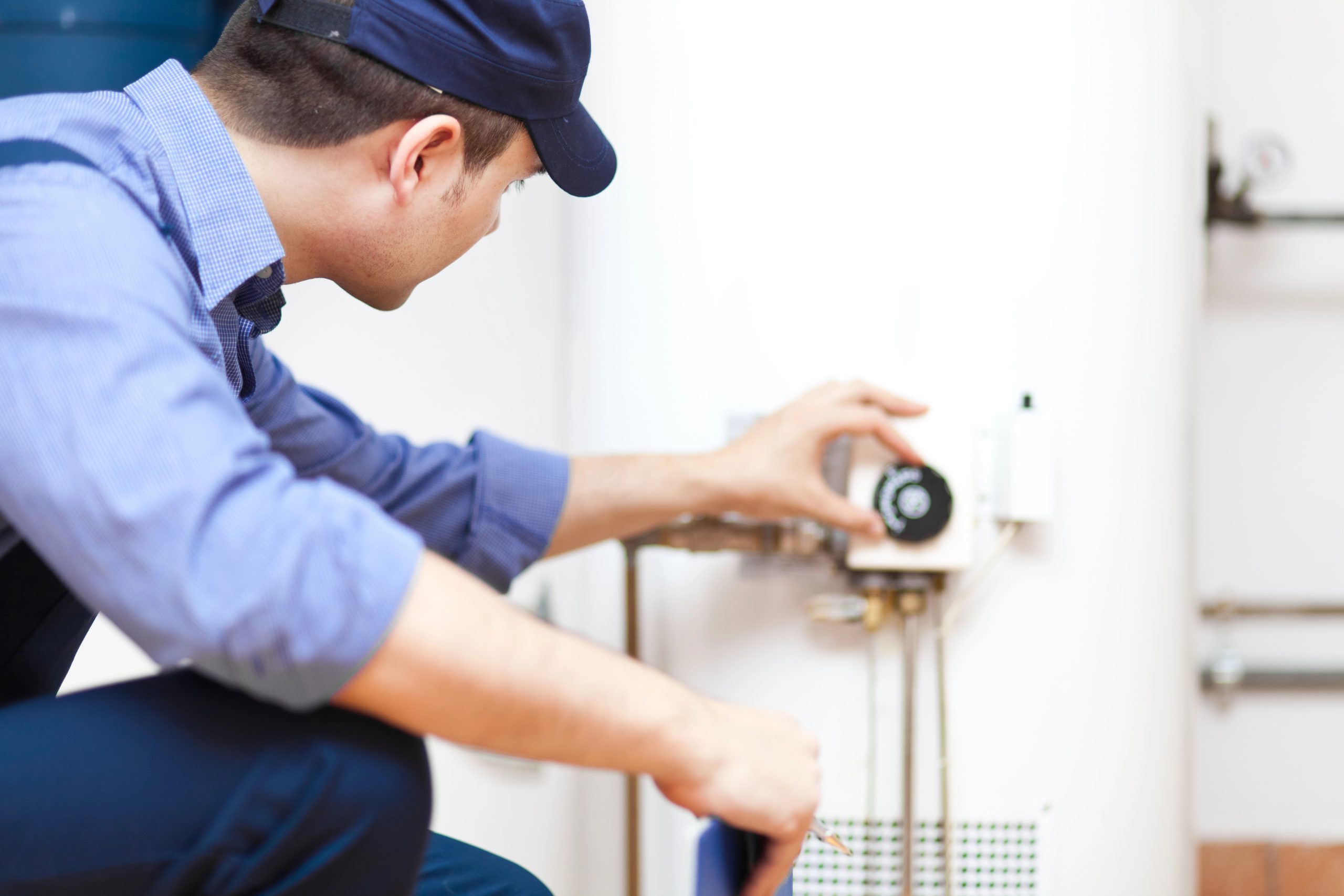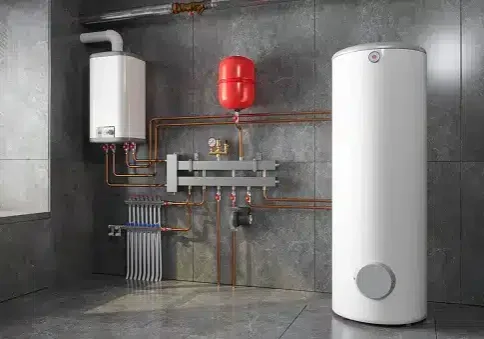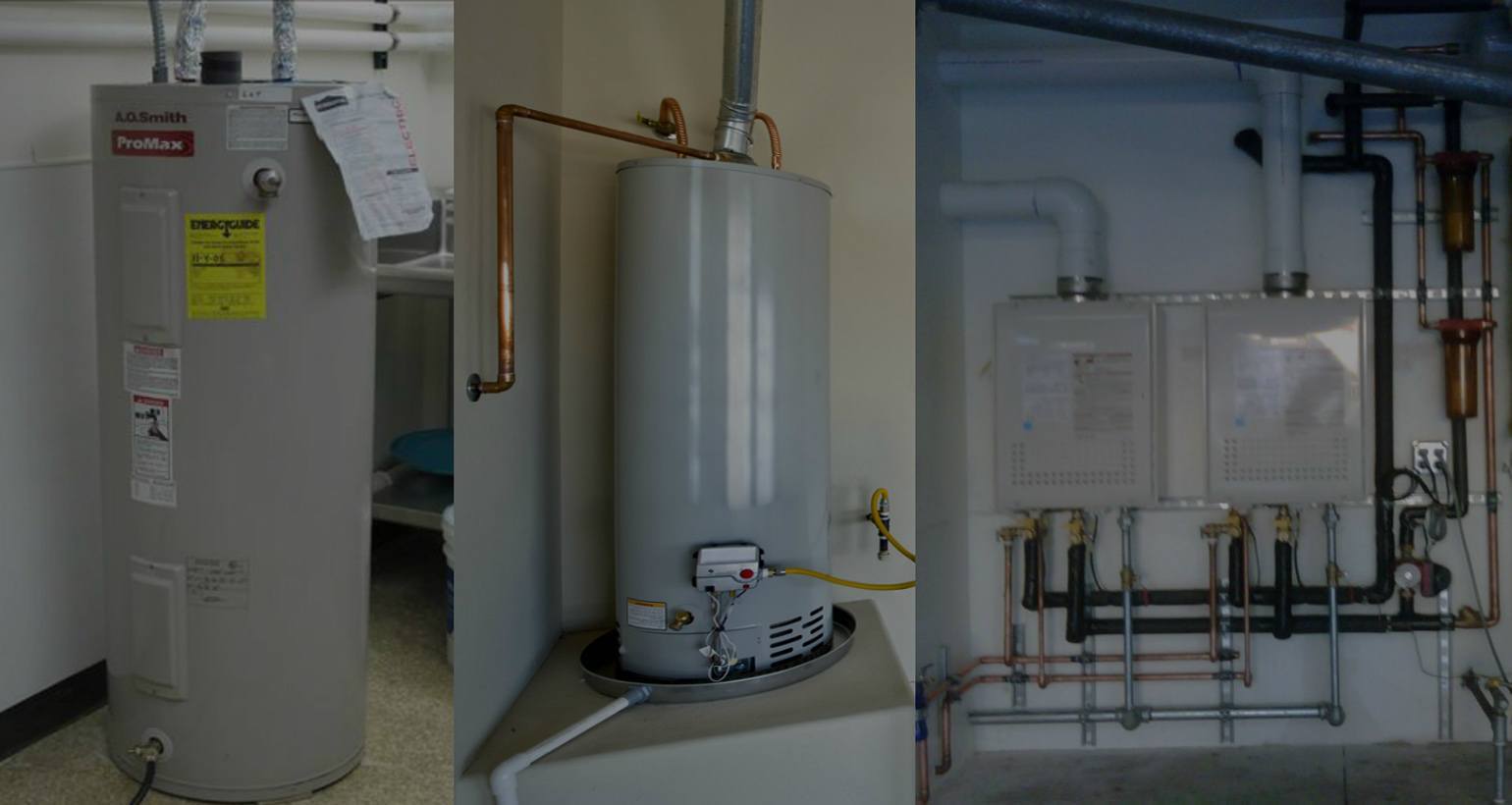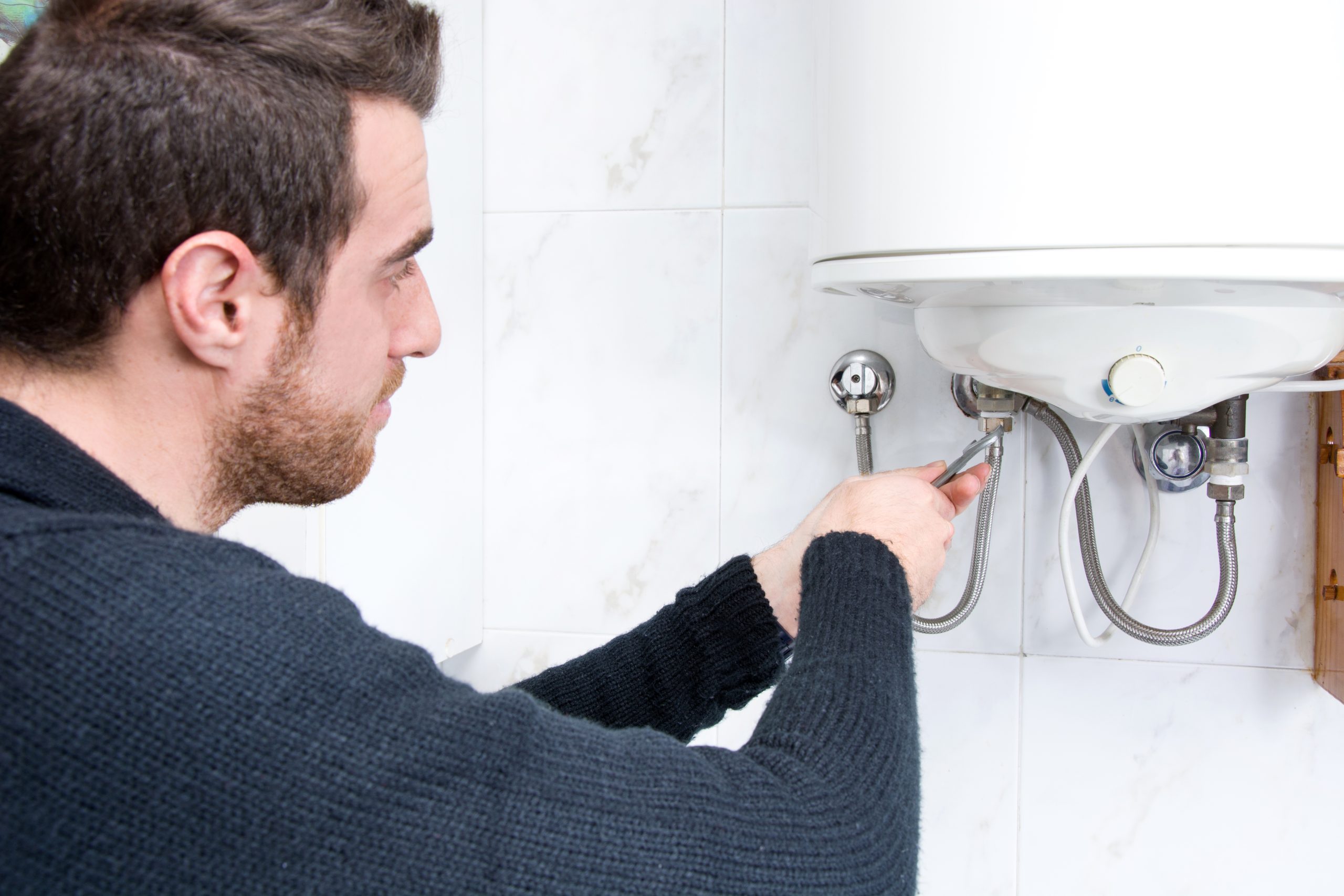FAQs About Water Heaters
Water heaters are the unsung heroes of household comfort until something goes wrong, especially in the winter. Then suddenly, you’re faced with icy showers or, worse yet, leaks, and the questions about where to begin and how quickly it can be fixed start flooding your mind.
In this article, we’re diving into some of the common questions asked about water heaters to provide insights and answers to all your burning questions and help you keep your system running smoothly, from troubleshooting common problems to ongoing maintenance or when is it time to replace your hot water heater. So, whether you’re dealing with a lack of hot water or a leaky unit, the following will help you navigate the waters of water heater maintenance and repair.
Common Water Heater Questions
Running out of hot water quicker than usual is a sign that your water heater is about due for some fixes, as it must not be heating up the cold water well enough anymore.
There are many potential reasons why your water heater isn’t warming up your water the way it should. For instance, your water heater can have a broken dip tube. In addition, it might be an issue with the lower heating element, especially if your water heater is electric.
Not all water heater leaks are the same. All are problematic, but some are more dangerous than others.
You’d be surprised to learn that 13.7% of all water use results from leaks, regardless of its “danger” level. Start by doing some leak detection on your own. Then, call for professionals to investigate the leaks and overflows.
First, make sure to take a closer look at your water heater. Check everywhere, especially the bottom. You might be able to see a pipe fitting that has become loose or an obvious issue. The more details you can provide your water heater repair professional, the better.
If your water heater takes too long to heat water, the issue might be with how your house plumbing is set up.
Thankfully, these are rarely a cause for concern. For example, if you have a ranch-style house that has longer pipelines. The longer the pipelines, the longer it takes for the warm water to reach your faucets, causing longer waits for the water heater to heat the water
Learning how to save heated water can help you reduce your electricity bills. There are a couple of simple things aspiring hot water savers can do.
Start by getting some low-flow showerheads. In addition, make sure you’re keeping up to date on your water heating maintenance to remove any buildup and check on your water heater’s performance.
Whether you should put dried pans for your water heater depends on where it is placed. Suppose your water heater is in enclosed spaces like an interior closet or the attic. In that case, it’s highly recommended that you have sheet metal pans under your water heater. This way, you’re moderately protected in case there are leaks.
Getting the right size for a new water heater will depend on a couple of factors:
- Are you still pleased with getting the same hot water, or do you wonder, “How large of a water heater do I need to have enough water for the whole family?”;
- Are you planning on moving shortly? Considering its size, it’s a good idea to consider what a prospective buyer would like to see in your house. For example, if your family consists of four people, you may need to research the correct heater size for four people.
Moreover, you’ll have to consider where you stand on energy and water conservation issues.
It isn’t pleasant to deal with hot water that smells like sulfur or rotten eggs. Yet, there are multiple benign causes of unpleasant water smells coming from your water heater.
It all comes down to the mineral compound in the water supply interacting with the insides of your water heater, which creates these odors.
Depending on the chemical content of your water, hydrogen, sulfur, and bacteria might react, causing that “rotten egg” smell.
Usually, the smell should be faint. In addition, the magnesium anode rod protects your boiler tank surface. However, it might slightly react with hydrogen, which can also create an odor once it comes in contact with sulfur or water.
Water heaters are unsung heroes, and we tend to forget about them once they stop working correctly.
We know that it can be a bit nerve-wracking to face a water heater issue that you know nothing about.
Yet, we hope that our top ten most frequently asked question responses helped you identify the severity of your hot water heater problem.
As always, it’s key to call in the professionals for regular maintenance and to contact us if you’re unsure about the nature of your plumbing problem.









